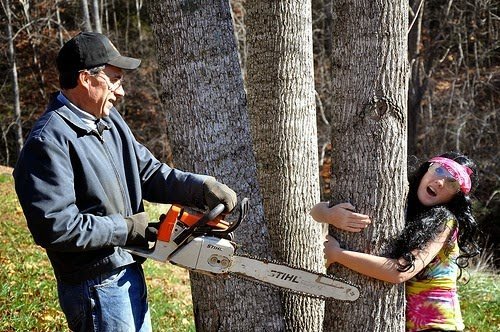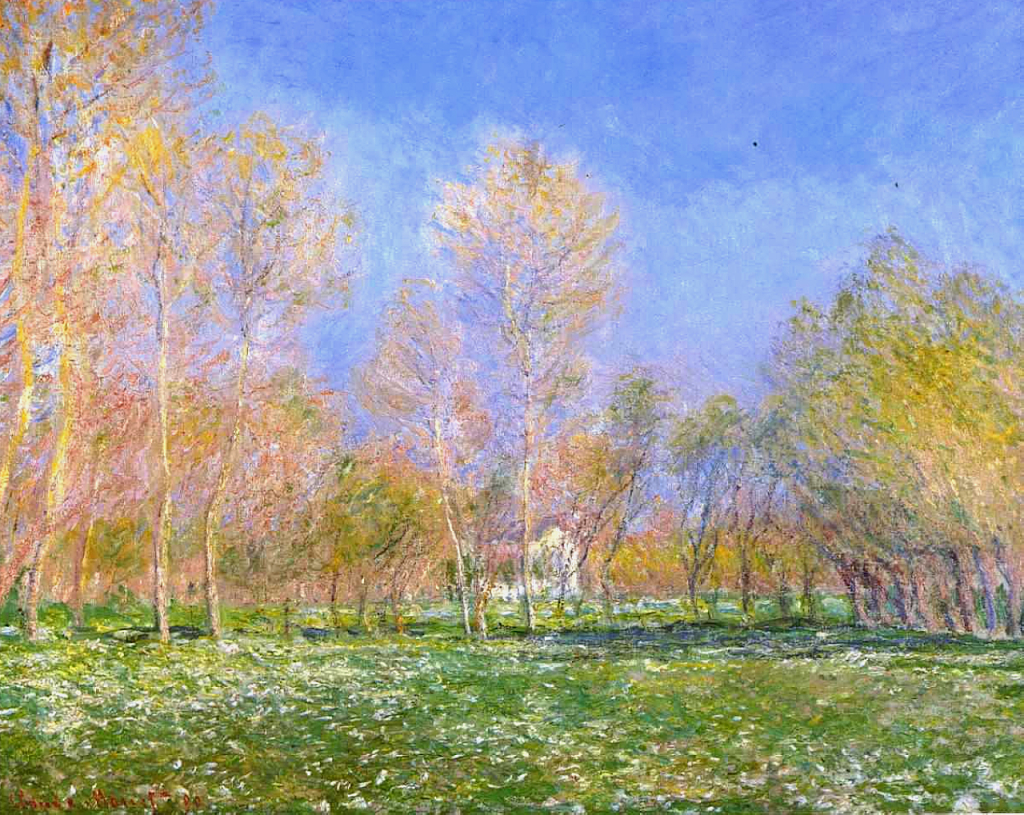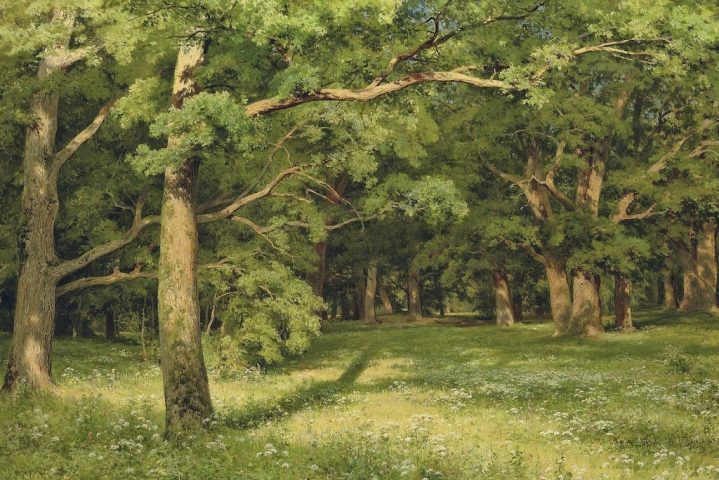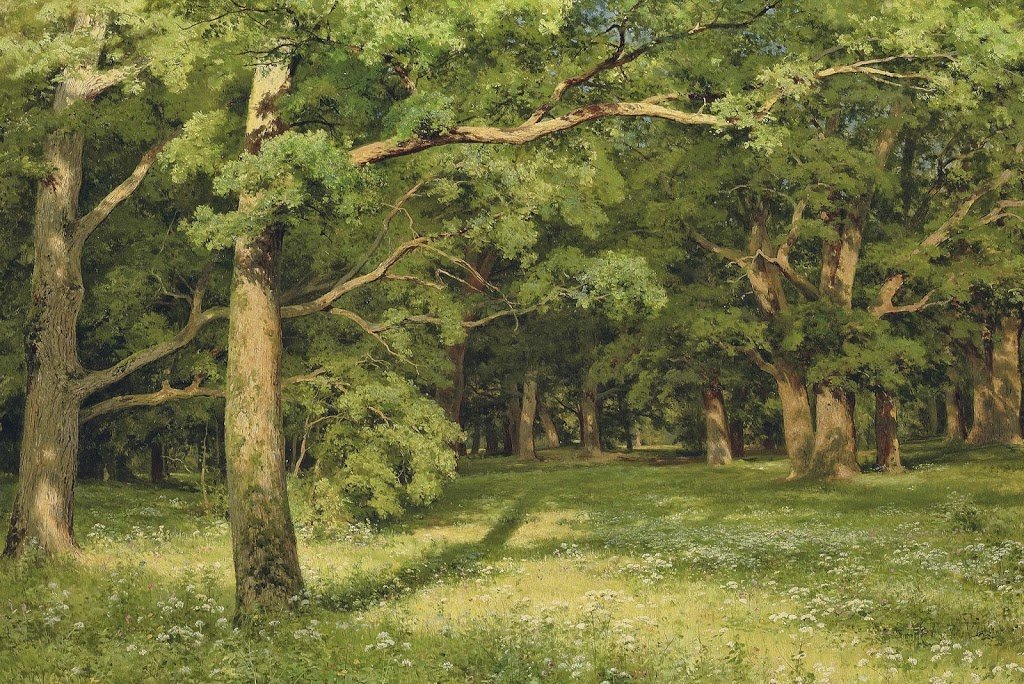
I like trees, but…
30th January 2015
The trees are coming into leaf
2nd April 2015Nemophilist: One who is fond of the forest; a haunter of the woods.

Nemophilist (pronounced ne-‘mo-fe-list), is an obscure word that hasn’t really been used for over 100 years. It means someone with a love or fondness for forests, woods, or woodland scenery, or someone who often visits them – a ‘haunter’ of woods. The word derives from the Greek ‘nemos,’ grove, and ‘philos,’ affection. The use of the word appears to distinguish it from the more formal pursuit of ‘forestry’, ‘arboriculture’ or ‘botany’ – suggesting a more artistic appreciation of trees, or the simple delight provided by woodlands. As tree consultants who spend more than our fair share of time ‘haunting’ woods undertaking tree surveys for planning, we think it’s a word that surely deserves a comeback!
The first known use was in 1838, yet the word seems to have been championed by the writers and poets of The Atlantic Monthly, an American literary magazine, founded in 1857 in Boston, Massachusetts.
You can spend days and not exhaust the study which one little triangular bit of overgrown pasture affords, — spend them, not as a naturalist in close, patient study, because to such a one a square yard of moss is as exhaustless as the forests of Guiana to a Waterton, but as a nemophilist, taking simple delight in mere observation and individual discovery. The Atlantic Monthly, 1860.
To many persons Spring means ‘ethereal mildness,’ and to such her coming is indeed slow in our land, but the nemophilist who has listened through all the lengthening days of later winter for sound of earliest bird, is off to the woods before the snow has left the hollows. The Swiss Cross, 1923.
It – the train – had on board, among other things, an observing observer, and as we sped up the chromoesque Valley of Mill Creek, the said observer was charmed by the gorgeous nemoral panorama, for he was an enthusiastic nemophilist. The Disciple, 1886
And first, being a true nemophilist, I protest against botany…The botanist is not a discoverer; he is only a pedant. He finds out nothing about the plant…To study the plant, to see how it gets its living, why it will grow on one side of a brook in profusion, and yet refuse to seek the other bank, is not his care. It is simply to see whether he can abuse its honest English or New-English simplicity by calling it by one set or another of barbarous Latin and Greek titles. Pray, my good Sir, does a man go to see the elephant only to call him a pachydermatous quadruped? The Atlantic, 1860.
The groves invite thee, dear nemophilist, to care-free revel in their vernal bowers. Sequoia Sonnets, 1919.
But for the poor, benighted, heathen sinner, desiring enjoyment that shall be honest, cheap, satisfying, and attainable, I say, in the full faith of the creed of Nemophily, – Get into the woods! No matter what you expect to find there, – go and see what you can find. The Atlantic, 1860.






7 Comments
[…] part of the chosen Green Way during winter time. Weather conditions don’t impede nemophilists (here is a definition of this interesting word) to scout […]
lovely to know there is a word for who i am, what i do.
Good to know that there is a word for who I am and what I love to do!
I too quickly identified myself as a Nemophilist, but once I discovered the word and understood it’s meaning, I knew this was definitely me.
I adore this word…
I’ve used it many times and even made it a post on my FB years ago.
So much so that I made a life changing decision to leave an extremely vibrant city to move into the very heart of my State. One of the coldest, wettest and foggiest parts in the HIghlands just to live next to a state forest.
I have the opportunity to go for leisurely strolls or exhilarating runs amongst the trees in rain, fierce winds, mist and sometimes sun, every day.
It makes my soul sing.
Often I pause amongst the trees .. ground.. sit and listen.. It’s never the same experience.
It’s the pure definition of magical.
It’s this reason we are encouraged to ensure the health of our forest and keeping the ecology balanced.
Being in Australia, we still run risks of bushfires, floods, massive storms that see massive damage to our woodlands.
But nature comes back.. Something we need to take lessons from as well.
I can go on forever…
But thank you so much Adam for the time and effort you put into this post. It has been a pleasure to read and very informative. I loved reading the literary excerpts.
I wholeheartedly agree.. “Nemophilist” deserves a comeback!
Hi Helen, Many thanks for you comments. Great to hear you are enjoying the simple delights provided by Australia’s woodlands!
Thank you for sharing this piece of history and introducing me to the term nemophilist! As an environmental science & sustainability student I came across the word in my terrarium research, and when I looked it up a few months ago I found this awesome article. As I furthered my passion for terrariums and forest ecology I made a habitat for a woodland snail. I asked my 2 year old nephew to help me name him, and he proudly chose “Nemo”. I was instantly reminded of this article and the meanings of the word, lover of the forest and haunter of the woods. What a perfectly fitting name for a woodland snail!